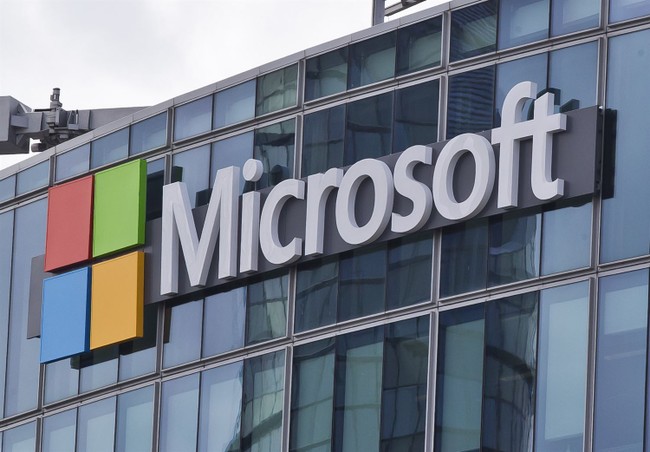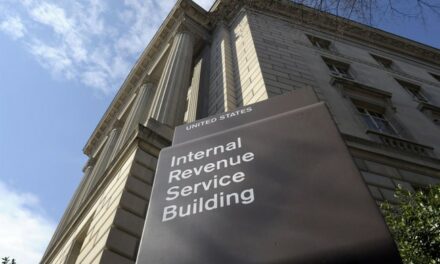We support our Publishers and Content Creators. You can view this story on their website by CLICKING HERE.

Do you remember when Democrats were up in arms over alleged foreign interference during the 2016 elections because of some silly Russian-made memes? The narrative was that these memes cost Hillary Clinton the election. The claims were absurd, of course, but the actual threat of foreign election interference is real, is happening right now, and the outrage over it seems rather minimal because the Trump campaign was the target.
Advertisement
Last week, we learned that Iran, which hacked the Trump campaign earlier this summer, passed materials on to the Biden-Harris campaign. So far, the Trump campaign’s dossier on JD Vance has already been published. It hasn’t stopped, either.
Fresh reports this week have exposed an ongoing Iranian hack targeting the Trump campaign, with the stolen materials seemingly being used to harm Trump’s 2024 bid. This not only raises serious questions about foreign election interference but also about how secure political campaigns are in the digital age.
Last month, Microsoft said a group affiliated with Iran’s Islamic Revolutionary Guard Corps intelligence unit compromised a former senior Trump official’s email account with a phishing attack. Days later, the Trump campaign alleged that it had been hacked by Iranian operatives.
The FBI, the Office of the Director of National Intelligence, and the Cybersecurity and Infrastructure Security Agency released a joint statement last week stating that “Iranian malicious cyber actors” had obtained “stolen, non-public material from former President Trump’s campaign.” Iran denies it was behind the hack.
One might say that Microsoft deserves some credit for spotting the attack, but I still have some questions. This week, Microsoft reportedly made “key improvements to an identity verification tool that Chinese hackers exploited last summer to hack government email accounts.”
Advertisement
Wow, that hack took place last summer? Microsoft sure sounds like they’re really prioritizing cybersecurity, aren’t they? For some reason, it was only announced this week that Microsoft was finally beginning to “prioritize security above all else.”
Why are they only now deciding to make cybersecurity a top priority?
“I guess the burr under my saddle is that Microsoft appears to want to be applauded, appreciated, and admired for recognizing — here in the year 2024 — that security can’t be a second thought and certainly should never be an after-thought” writes Bob Evans at Acceleration Economy. “That’s why I’m puzzled about what Microsoft’s top priority was before CEO Satya Nadella finally got fed up with his company’s multitude of security shortcomings and public embarrassments and decreed that from here on out, security is now The Big Thing.”
Recommended: Stories You May Have Missed This Week: A Tightening Race
The exact system the Trump campaign is using remains unclear, but what we do know is still troubling. Microsoft, a company deeply embedded in federal government operations, has allowed significant breaches for more than a year. And only now, they’ve decided to make cybersecurity a top priority. It begs the question: why did it take them so long to wake up to the very real online threats?
Advertisement
The embarrassing mishandling of hacks that have hit government agencies recently—and now a political campaign—doesn’t exactly inspire confidence in Microsoft’s ability to protect sensitive information from foreign actors.
Microsoft’s delayed response to these hacking threats should be a wake-up call to any campaign or government agency using their services. If we want to safeguard future elections, it’s time to take cybersecurity seriously – and that starts with holding tech giants like Microsoft accountable.

 Conservative
Conservative  Search
Search Trending
Trending Current News
Current News ![What a Time to Be Alive: Biden Put on a Trump Hat [UPDATED]](https://freeread.causeaction.com/wp-content/themes/Extra/images/post-format-thumb-text.svg)






